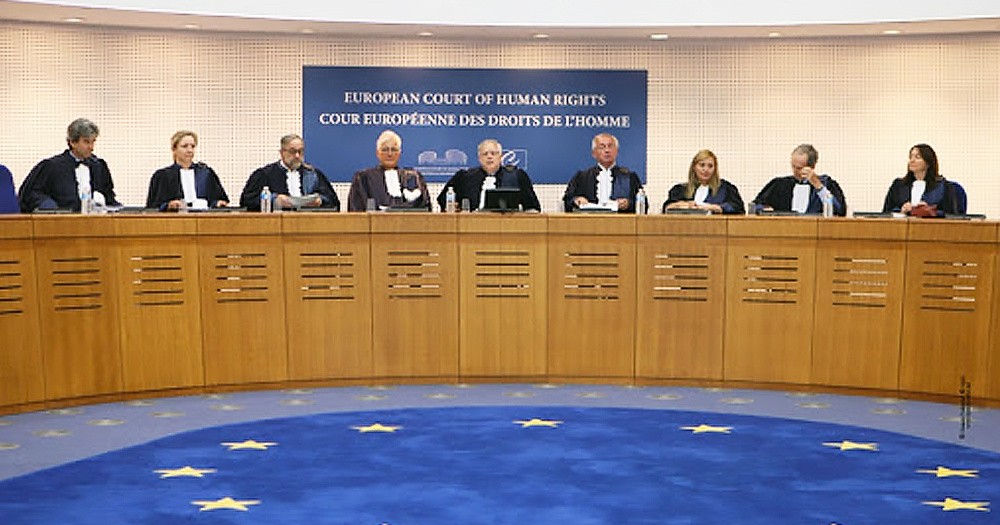Today, in a landmark judgement strongly welcomed by TGEU and ILGA-Europe, the European Court of Human Rights has ruled in favour of trans parental rights in Russia, the court has ruled in favour of a woman in Russia who was denied access to her children because of her gender identity and transition.
Today, in the case of A.M. and Others v. Russia, the European Court of Human Rights unanimously found a violation of Article 8 (right to private and family life) and Article 14 (prohibition and discrimination).
The case involves a transgender woman from Moscow who was prevented from contacting her children due to her LGBTQ+ gender identity. The Court found that the domestic courts did not sufficiently take into account the best interests of the child when restricting the parent’s rights; they observed that, contrary to the established practice, they failed to conduct a comprehensive assessment and scrutiny to evaluate a potential danger to a child’s well-being.
The Russian courts argued that the decision to restrict the applicant’s parental rights was a necessity, as contact with the transgender parent would have a “negative impact on the mental health and psychological development” of her children. However, the European Court noted that the domestic courts failed to demonstrate where the restriction was justified and well-sustained.
“The kids are alright – there is nothing wrong with being a trans parent! Today, we celebrate this important message together with all Trans families. Every fourth Trans person in Europe is a parent. Today’s judgement gives legal security to many of them. We congratulate the applicant for having gone all the way to Strasbourg to defend her right to be the best possible parent to her children.” says Executive Director of TGEU, Masen Davis, reacting to the judgement.
Evelyne Paradis, Executive Director of ILGA-Europe added: “Too often we are hearing the best interest of the child being abused as an argument to limit to rights of LGBTI people. We are glad to see the Court clearly rejecting such an abusive argument, and instead naming very concrete responsibilities for state authorities in ensuring the best interest of the child. Spreading hatred, misinformation and splitting loving parents from their children is not in the best interest of children.”
The Court awarded the applicant £9,800, even though she had not asked for pecuniary compensation. The Court held that “such damage cannot be compensated solely by finding the violation.”
TGEU and ILGA-Europe had submitted written comments to the case, which the Court took into consideration in its analysis. The comments presented information dispelling myths about trans parenthood, international developments recognising increased rights recognition and requirements for a “best interests of the child” standard.
“We call upon the Russian authorities to respect today’s decision and immediately end the discrimination of trans families,” Evelyne Paradis concluded.
© 2021 GCN (Gay Community News). All rights reserved.
Support GCN
GCN is a free, vital resource for Ireland’s LGBTQ+ community since 1988.
GCN is a trading name of National LGBT Federation CLG, a registered charity - Charity Number: 20034580.
GCN relies on the generous support of the community and allies to sustain the crucial work that we do. Producing GCN is costly, and, in an industry which has been hugely impacted by rising costs, we need your support to help sustain and grow this vital resource.
Supporting GCN for as little as €1.99 per month will help us continue our work as Ireland’s free, independent LGBTQ+ media.

comments. Please sign in to comment.